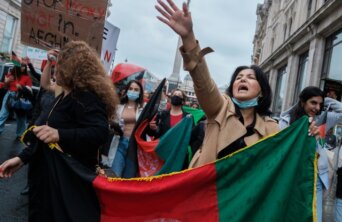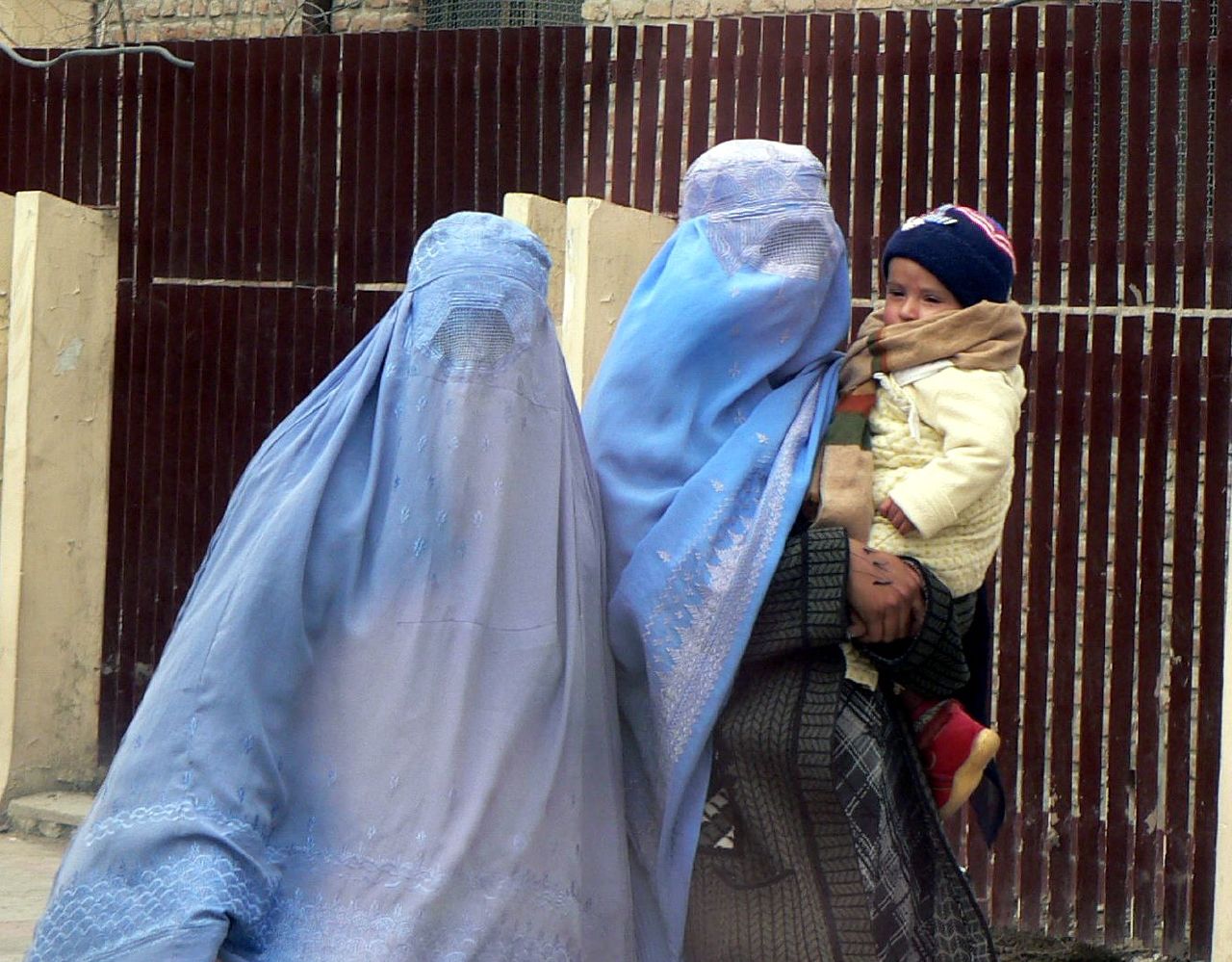- About
- Topics
- Picks
- Audio
- Story
- In-Depth
- Opinion
- News
- Donate
- Signup for our newsletterOur Editors' Best Picks.Send
Read, Debate: Engage.
| topic: | Human Rights |
|---|---|
| located: | Afghanistan |
| editor: | Shadi Khan Saif |
Beijing’s acceptance of the Taliban’s envoy as the official representative of Afghanistan in China at a time when the rest of the country continues to ignore and abandon the war-ravaged country raises concerns as well as longstanding questions not answered by the international community.
Over two years since taking charge in Kabul, the Taliban’s Islamic Emirate regime in Kabul has been desperately seeking international recognition despite blatantly violating the fundamental human rights of Afghan citizens, especially women and girls.
The Taliban staged a major diplomatic conference in Kabul last week to push for recognition. The hardliners have been luring regional countries such as Iran, Pakistan and the Central Asian states to tap into the vast mineral resources and transit trade connectivity. Chinese investors backed by their government have been instrumental in securing several high-profile and lucrative oil, gas and mineral extraction deals for the Taliban, cementing its place as the leading player in the mountainous landlocked country after the US withdrawal.
There is hardly any mention, let alone criticism or condemnation by Beijing, of the Taliban’s gender-apartheid policies in Afghanistan.
The broader international community, on the other hand, has been raising its voice for the rights of Afghan citizens under the Taliban regime but failing to gain momentum or transform that into a diplomatic manoeuvre to bring a positive change in the lives of the oppressed individuals and communities in Afghanistan.
The question of how to engage the Taliban while upholding human rights and independence in Afghanistan is pertinent, given its abandonment.
As a recent study by the Crisis Group suggests, the international community, particularly the West that promised an independent and democratic future to the war-weary Afghans, must not allow the Taliban, an “unrecognized pariah” regime, to rule Afghanistan for long before engaging in a feasible solution to the crisis.
The whole country is cut off from the rest of the world due to economic sanctions and severed diplomatic ties, meaning the only way out and to interact with the outer world for the Afghans is to flee the country in whatever way possible.
The report suggests regional countries such as China, Pakistan and Iran must also be held accountable by the international community not to blindly pursue their interests in Afghanistan without respecting the fundamental human rights of the people, especially women and girls.
Image by Ehimetalor Akhere Unuabona.

